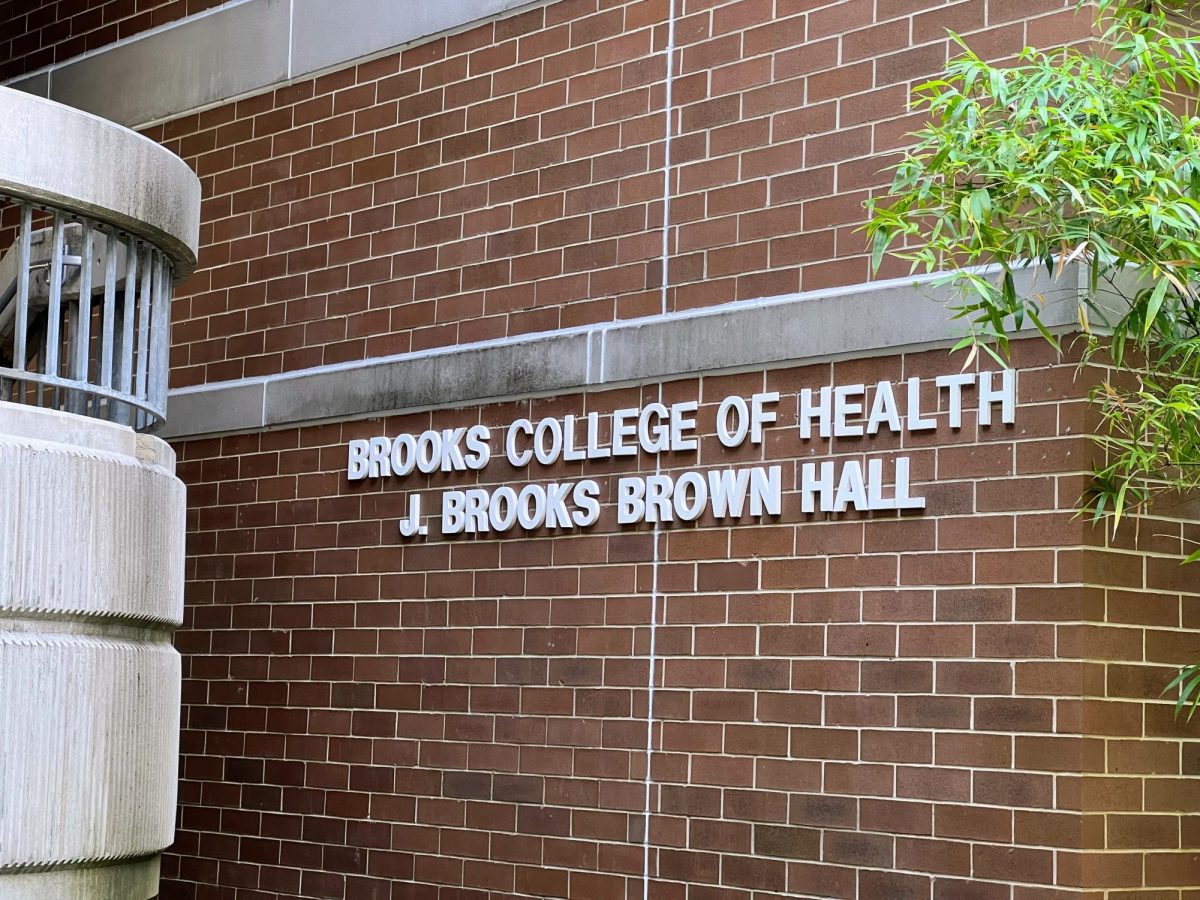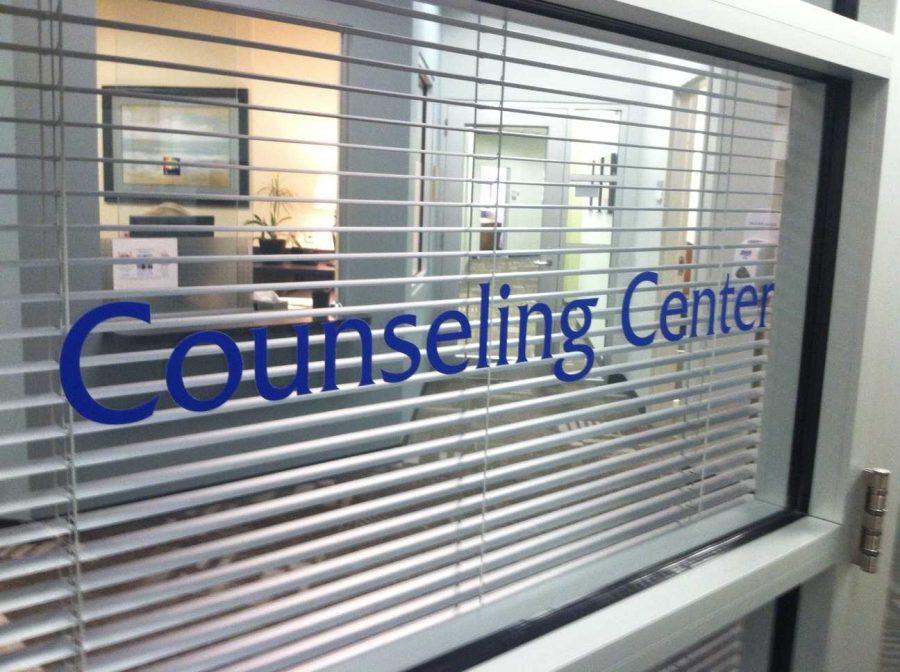As of Thursday afternoon, University of North Florida Student Health Services has identified 13 students who either required treatment for infection or treatment for exposure to scabies, SHS Director Valerie Morrison told Spinnaker. Not all of those students live on campus.
This is a breaking news update. The original article continues below.
Three-hundred and forty-seven on-campus student residents in Osprey Cove were notified by Student Health Services last week that they might have been exposed to a student with scabies—an infestation of the skin by a human itch mite that burrows into the upper layer of the skin and lays eggs.
“Out of an abundance of caution,” SHS sent a mass email to all Osprey Cove Buildings T and V residents on Friday with general information and recommended next steps. Residents would be notified directly if a roommate is “known to be infested,” according to a copy of the email sent to Spinnaker.
What is scabies?
Scabies is a skin condition caused by mites. It commonly leads to intense itching and a pimple-like skin rash that may affect various areas of the body, according to the CDC.
The email explained that scabies is spread by direct, prolonged, skin-to-skin contact with another person who has scabies and can spread rapidly under crowded conditions where close body and skin contact is frequent.
If you’ve been exposed, symptoms may take four to eight weeks to develop and, according to the SHS Director Valerie Morrison’s email, an infected person can spread scabies during that time, regardless of whether they are showing symptoms.
What are the symptoms?
Some of the common signs and symptoms of scabies include,
- Intense itching, especially at night.
- A pimple-like itchy rash.
- The rash can also include tiny blisters and scales.
According to the CDC, common symptoms of itching and a pimple-like skin rash may affect much of the body or be limited to common places such as:
- Between the fingers
- Wrist
- Elbow
- Armpit
- Genitals
- Nipple
- Waist
- Buttocks
- Shoulder Blades
Anyone diagnosed with scabies should contact SHS to be treated, along with their sexual partners or anyone else that has had prolonged skin-to-skin contact with an infested person.
SHS also recommends that people living in the same household or room as an infested person also get treated. Scabies does not survive more than two to three days away from human skin.
For more information about scabies symptoms, visit here.
You’ve been exposed, what do you do?
SHS, according to the email, recommends calling (904) 620-2900 for an in-clinic appointment (if you have an itchy rash or other symptoms) or a telehealth appointment (if you believe you’ve been exposed).
To learn more about scabies, visit here.
___
For more information or news tips, or if you see an error in this story or have any compliments or concerns, contact editor@unfspinnaker.com.
















